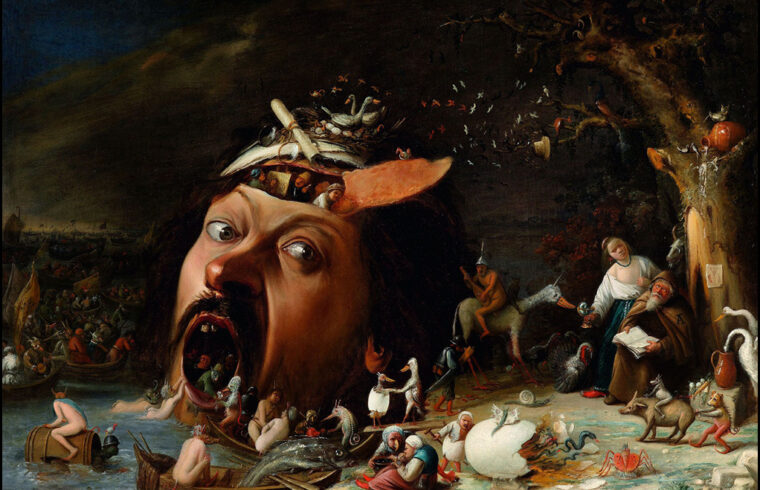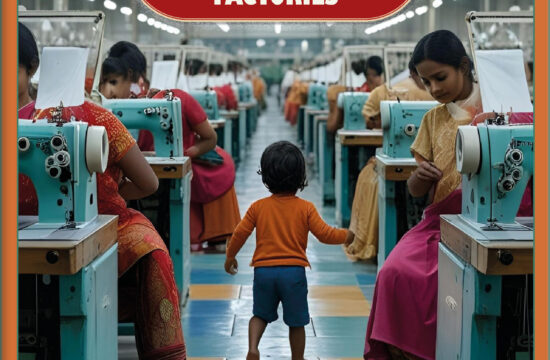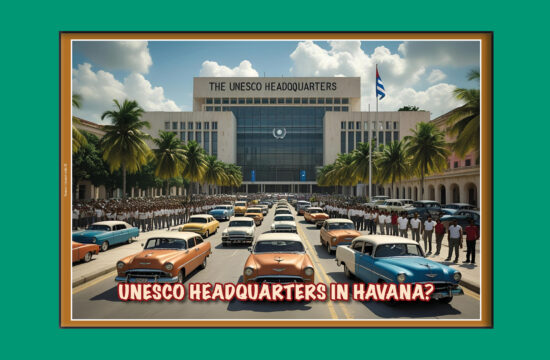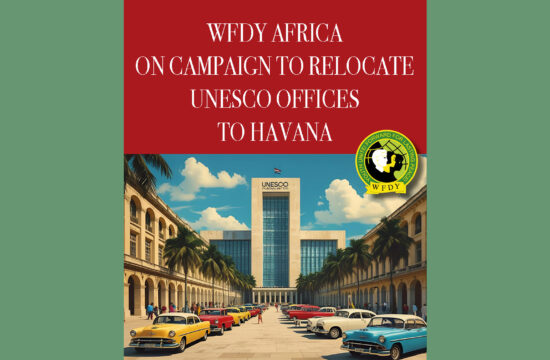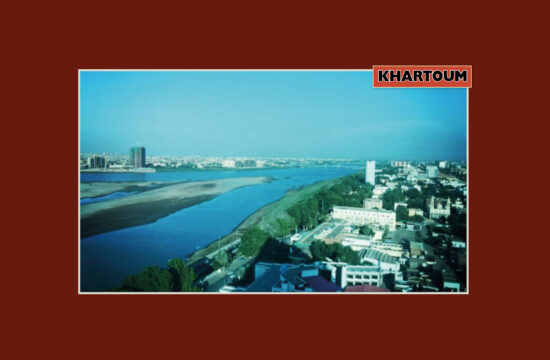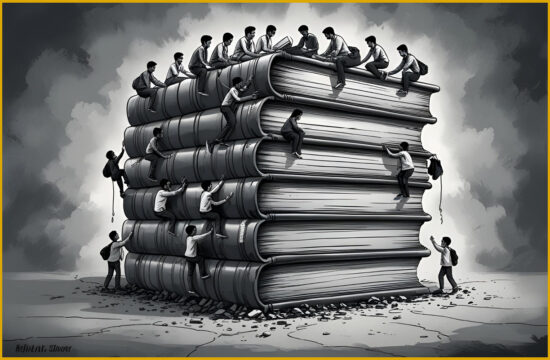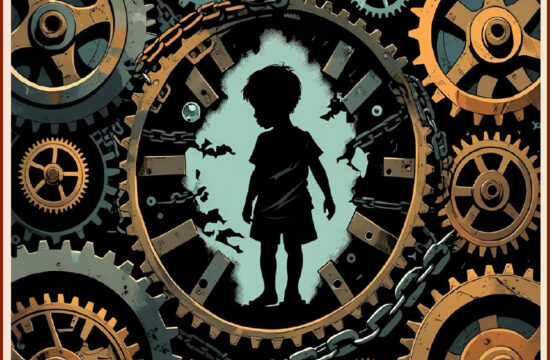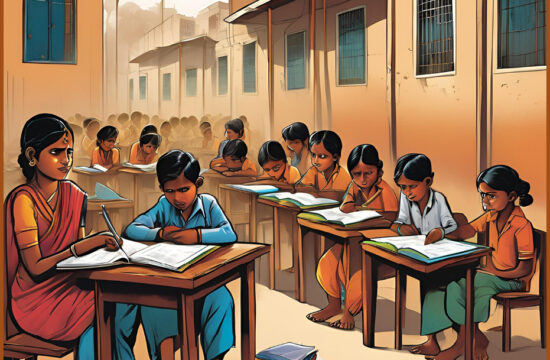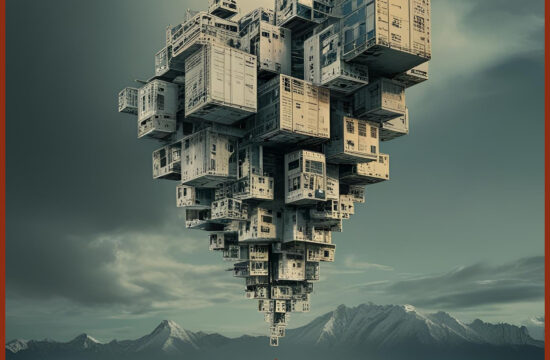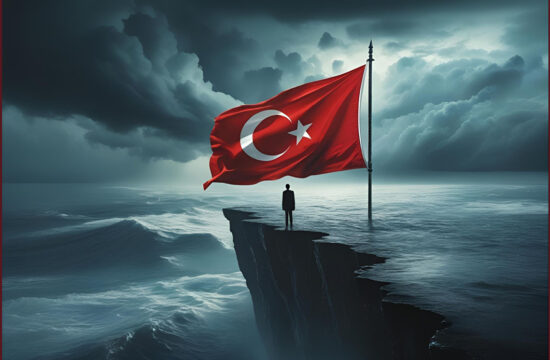Beranger HOULONON
Union nationale scolaires et étudiants du Bénin (UNSEB)
picture: https://upload.wikimedia.org/wikipedia/commons/c/ca/Joos_van_Craesbeeck_-The_Temptation_of_St_Anthony.jpg
For decades, the Middle East has been this tragic theatre where violence is displayed in its most raw, tenacious, and complex form. Rarely has a region concentrated so much tension, suffering, struggles for influence, and intertwining identities. But beyond images of ruins, the sounds of bombs, and calls for vengeance, there is a deeper truth, more difficult to confront: the war in the Middle East is not simply a succession of conflicts. It is a magnifying mirror of the flaws in our world. It compels us to look at violence differently, to question not only its immediate causes but also its deep roots, its invisible mechanics, its sometimes hypocritical justifications, and its global repercussions.
It would be naive to believe that this violence is merely the result of a simple religious or ethnic antagonism. It would be just as reductive to see it solely as a clash of geopolitical inteests between rival powers. In reality, the war in the Middle East is of a hybrid nature: both modern and archaic, internal and international, ideological and economic. It arises from the ruins left by Empires, is fueled by the scars of colonialism, ignites under the effects of poverty, ignorance, political repression, and finds powerful relays in instrumentalized religious narratives.
One of the first lessons imposed by this reality is the failure of externally imposed solutions. Whether in Iraq, Afghanistan, or Libya, military intervention carried out in the name of democracy, security, or human rights has, in many cases, worsened fractures instead of healing them. Western powers, often driven by economic or strategic calculations, believed they could redraw the maps and political systems of countries with deeply rooted realities, without understanding their historical, cultural, or social texture. The result: destroyed states, atomized societies, and fertile ground for radicalism. The Middle East thus reminds the world that peace cannot be exported with missiles any more than democracy can be decreed at the tip of a rifle.
But this war is also a war of narratives. Each actor, each camp, each faction claims to defend a truth, a just cause, a wounded memory. Historical narratives, collective humiliations, postcolonial disillusionments become fuels for identity. Violence then becomes a language, an ultimate response when all other avenues have been blocked. This is why the conflicts in the Middle East are never mere armed confrontations. They are explosions of accumulated anger, deferred reckonings, struggles for recognition, for dignity, for existence itself.
The other crucial lesson lies in the centrality of the human factor. Too often, geopolitical analyses overlook the peoples. Behind every war, there are displaced families, traumatized children, abused women, and youth deprived of a future. The conflict in Yemen, for example, has become one of the worst humanitarian crises of our time, yet it remains largely ignored by the general public. This silence, this selective disinterest, speaks volumes about how certain sufferings are deemed more ‚watchable‘ than others. The Middle East challenges us morally to view all human lives as equally precious, regardless of their origin or religion.
The nature of war in this region also teaches the danger of locked, fixed, over-mobilized identities. The divide between Sunnis and Shias, for instance, is more political than theological. It is manipulated to serve national or regional ambitions, to create blocs, loyalties, and justifications for interference. From Syria to Iraq, from Lebanon to Bahrain, religious identity then becomes a weapon, an invisible but ruth- less boundary. The world should draw a universal lesson from this: when one reduces the individual to a single affiliation, one opens the door to all forms of exclusion, to all forms of violence.
But there is also, in this war, a resistance. Another voice. That of the peoples who refuse fatalism, who challenge dictatorships, who brave the bombs to rebuild, to educate, to love again. Iraqi poets who write between two power cuts, Syrian doctors who operate in basements, Palestinian mothers who teach their children hope despite the occupation. They are the true heroes of this region: those who resist hatred, oblivion, and fragmentation.
Finally, the war in the Middle East reminds humanity of a fundamental truth: peace is a longterm endeavor, a fragile undertaking, a moral commitment. It cannot happen without justice, without equity, without listening. It demands stepping away from domination logics, ceasing to view certain areas as grounds for military or economic experimentation. It requires that the great powers abandon their hypocrisy, that local elites renounce their arrogance, and that the people are truly involved in the decision-making processes.
Ultimately, the nature of war in the Middle East not only teaches us what violence is. It also teaches us what indifference is, what forgetting is, and what stifled hope is. But it also reminds us that hope persists, that voices of peace can emerge from the rubble, that humanity is still capable of reconciliation. If the world truly listens to this region, not as a distant battlefield, but as an urgent call to reflection, then perhaps the lessons of war will finally become seeds of peace.

